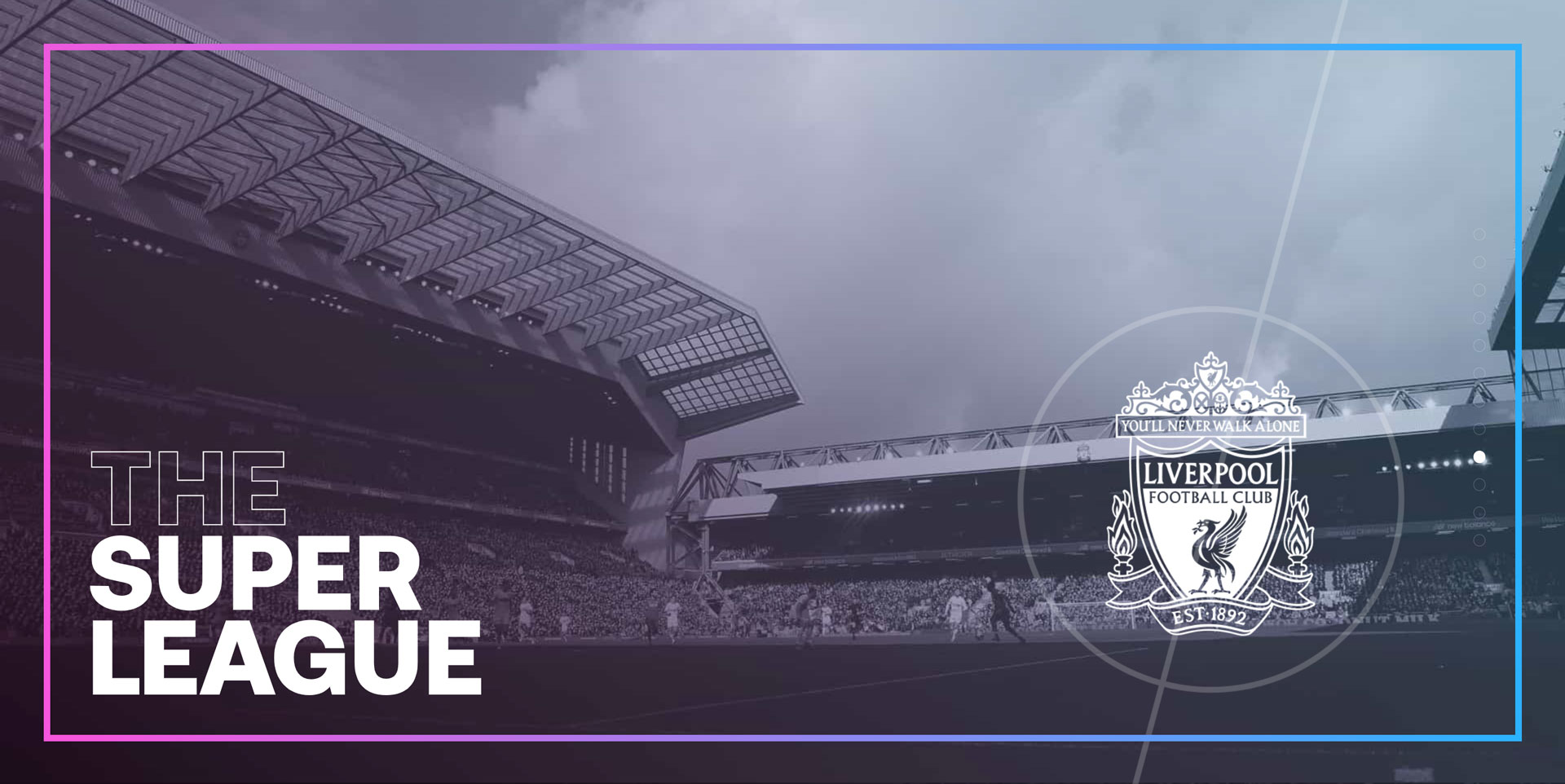The turn of a new decade has been a rocky one and many causes have been brought to the ‘mainstream' by brands – for some, to change public perception, others as a representation of their guiding principles. Rather than looking at the causes themselves, why, when some brands take a stand does it land, and when others try, it falls flat?
Many brands have been called controversial, some have even embraced it and built their reputation on it, like Vivienne Westwood bringing punk to mainstream or Apple encouraging audiences to 'think differently.’ But there seems to be a fine line that brands toe – especially when that controversy is entrenched in current affairs and the day-to-day culture audiences are a part of.
So when a brand makes a stand, they’re expecting a reaction – whether applause or backlash – to create conversation.
In sport, we see athletes align themselves with brands through sponsorships, endorsements, the clubs they represent or the 'tools of the trade' that they choose on-field. So, what makes a brand’s decision to endorse – or not – a cause different?
Time to step back
After almost 2 years of speculation and rumours [1] [2], 2021 marked a crossroads for European football competition. A press release on April 18 [3] announced that 12 of Europe's (arguably) biggest clubs had come together to establish a new European Super League [4] – to showcase "the best clubs, with the best players". The newly created 20-club tournament would feature the 15-Founding Clubs in guaranteed competition, alongside 5 playoff spots.*
The days following the league announcement became a media storm, with the 'founding' clubs drawing condemnation [5] from pundits, fans, their own players, managers, other league clubs, the sports' governing bodies [6] and (despite still battling a global pandemic) politicians. [7]
The backlash didn't stop there – with the sponsorship of one club taking a hit: Liverpool FC sponsor Tribus took a stand – by stepping back.
*It’s an interesting concept when only a quarter of the teams have to prove their quality prior to the competition, but the aim is to improve the quality and intensity of competitions.
The risks…
For Liverpool FC, losing one of their 20+ sponsors [8] may have only seemed like losing spare change – especially when that sponsor is a newly established deal.
For Tribus, the 5-year sponsorship deal they signed in September 2020 [9] marked the culmination of two years of talks. Tribus’ partnership opened up LFC's estimated 700 million+ global audience [10], including 80 million+ social media followers. [11]
Withdrawing from the sponsorship meant Tribus would lose access to this huge audience base. Stepping back from the deal also meant promotional activities would no longer benefit from the familiar faces of first-team players or club legends.
The stand…
Tribus chose to take a stand within days of the announcement of the Super League. In their withdrawal, Tribus’ statement [12] referred to a misalignment of values – implying that the clubs involved no longer stood for unity and the idea that together we are stronger.
Instead, Tribus' stand aligned on a more personal level:
We don't like it and we don't want it to happen.
This is our collective position.
Our commitment to this football club and its supporters is absolute and unconditional.
You'll never walk alone.
Jordan Henderson and the Liverpool FC players
Sticking the landing…
In my opinion, a severe lack of brand equity meant Tribus hit a stumbling block as they instead faced competition from anonymity.
- Lack of established relationships. Tribus may have been authentic to their brand, values and (short) history, but they were still under a year old as a company. A sub-6-month old sponsorship was barely a drop in the ocean for LFC. And fans would be equally unlikely to substitute a long-term (sometimes multi-generational) relationship with 'their club" for such a recent addition.
- Lack of aligned endorsement. For a newly established brand – reliant on LFC for first-team and legend player access – Tribus had very few ambassadors to endorse or celebrate the stand. No other sponsors took a stand alongside them. In fact, perhaps the closest thing to 'endorsement' for Tribus was from former Liverpool player/legend, Jamie Carragher, who had 'already got his' watch… [16]
- Lost in conversation. While aligned with the European governing body UEFA and the national leagues, there was no fallout for clubs or players. Due to the mid-pandemic timing, the immediate focus from fans (politician and public) and clubs alike turned to the reintroduction of spectators into stadiums.
Rather than a leaping off point for Tribus, this stand seems to have relegated them near defunct. [17]
An overwhelming 89% of UK football fans believed the Super League was created for financial gain and only 8% were interested in watching it. [15] It seems public opinion created the turning point for clubs and club-owners.
With such a clear demonstration of fan – or consumer – influence, the footballing world asks a contentious question of brands and brand professionals;
At what point does a brand – or a club – stop being "owned" and become public domain rather than primarily influenced by the organisation that created it?
References
[1] BBC and [2] Sky Sport speculate breakaway leagues
[3] NYT report on The Super League press release
[4] The Super League
[5] Sky Sport: Gary Neville and Jamie Carragher react to ESL (21 April 2021)
[6] Uefa and Premier League condemn breakaway plans
[7] Players, clubs, and politicians condemn breakaway plans
[9] Tribus sign 5-year sponsorship deal with Liverpool FC
[10] Reuters: Liverpool FC global audience (2019)
[11] Statista: Liverpool FC social media following (2019)
[12] Tribus @TribusWatches 'step back' on Twitter (21 April 2021)
[15] Statista: European Super League perceptions
[16] Jamie Carragher jokes on Sky Sport about Tribus' sponsorship withdrawal
I'm always keen to collaborate when I have the time. Give me a shout about an upcoming project, email:
© Copyright 2017–2025 | Kelcey Braine



